The United States has approved a $32.5 million humanitarian aid package for Nigeria, aimed at addressing the severe hunger crisis in conflict-affected regions. This move marks a notable shift in U.S. foreign policy, reinstating aid through the U.S. Agency for International Development (USAID) after a hiatus under former President Trump.
The funding is designated for providing essential food and nutritional support to internally displaced persons (IDPs) in northeast and northwest Nigeria. The World Food Programme (WFP) will manage this aid, benefiting over 764,000 individuals, including 41,569 pregnant and breastfeeding women and 43,235 children, through electronic food vouchers. These initiatives are crucial in tackling the acute malnutrition rates among vulnerable populations.
Nigeria’s hunger crisis is exacerbated by ongoing conflicts, which have displaced over 2 million people and resulted in approximately 35,000 civilian deaths. The WFP has highlighted an “unprecedented hunger crisis,” warning that more than 1.3 million people face food insecurity due to violence and dwindling resources. In July, the WFP suspended food aid in several West and Central African nations, including Nigeria, due to significant funding shortfalls.
The U.S. aid package offers immediate relief and bolsters the WFP’s efforts to avert further worsening of the situation. It underscores the United States’ commitment to combating global hunger and supporting vulnerable communities in conflict zones. This initiative also reflects the international community’s role in addressing Nigeria’s persistent challenges with internal conflicts and their humanitarian repercussions, highlighting the importance of global cooperation in fostering recovery and resilience among affected populations.

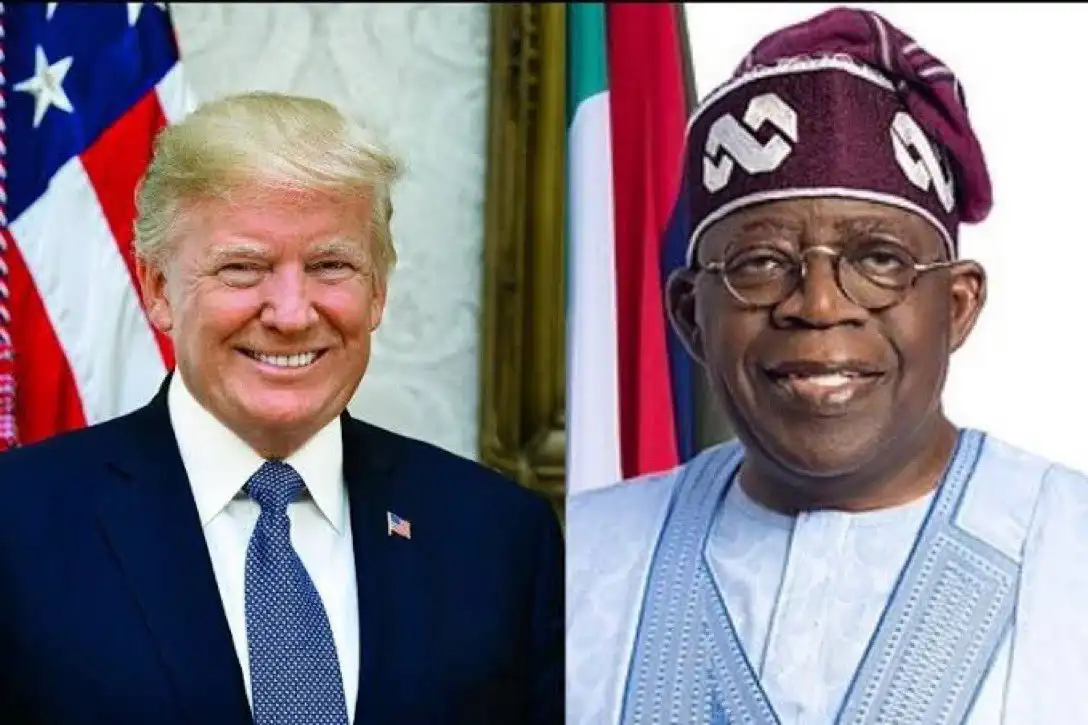



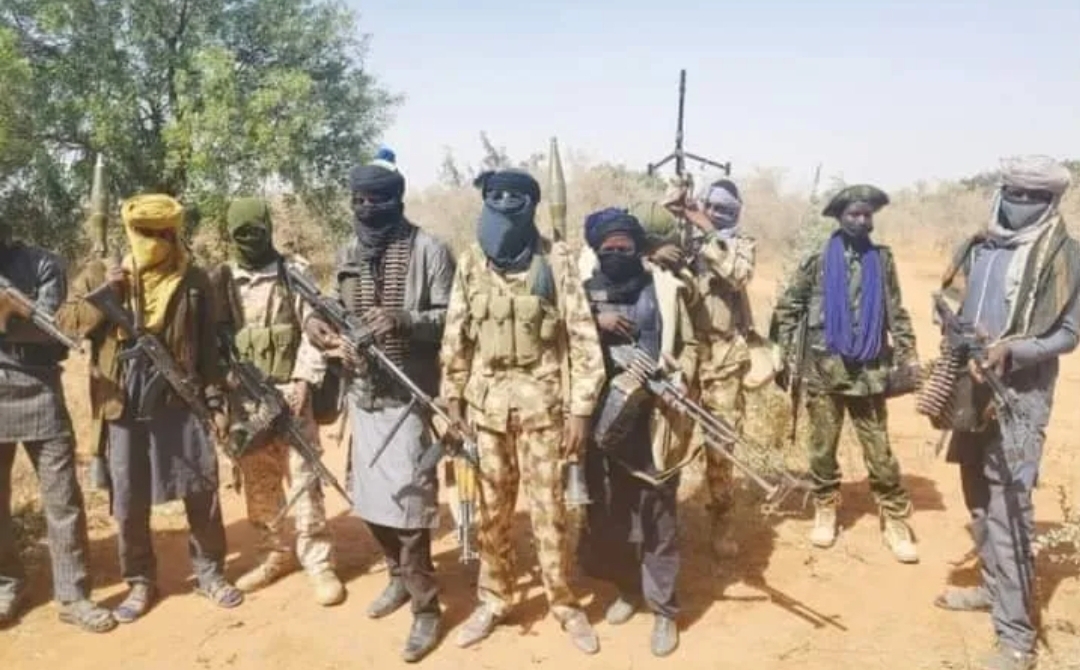

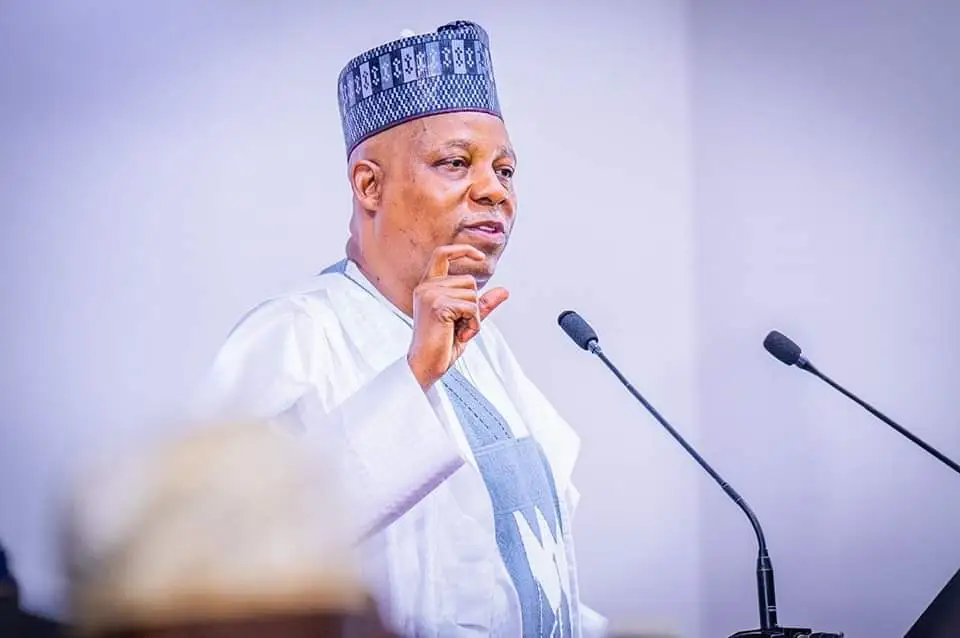
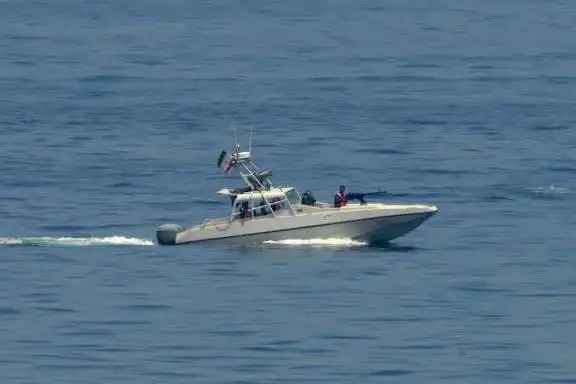

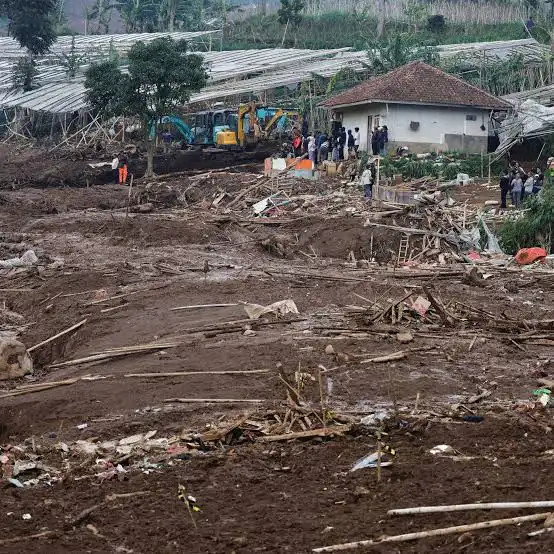
Leave a comment